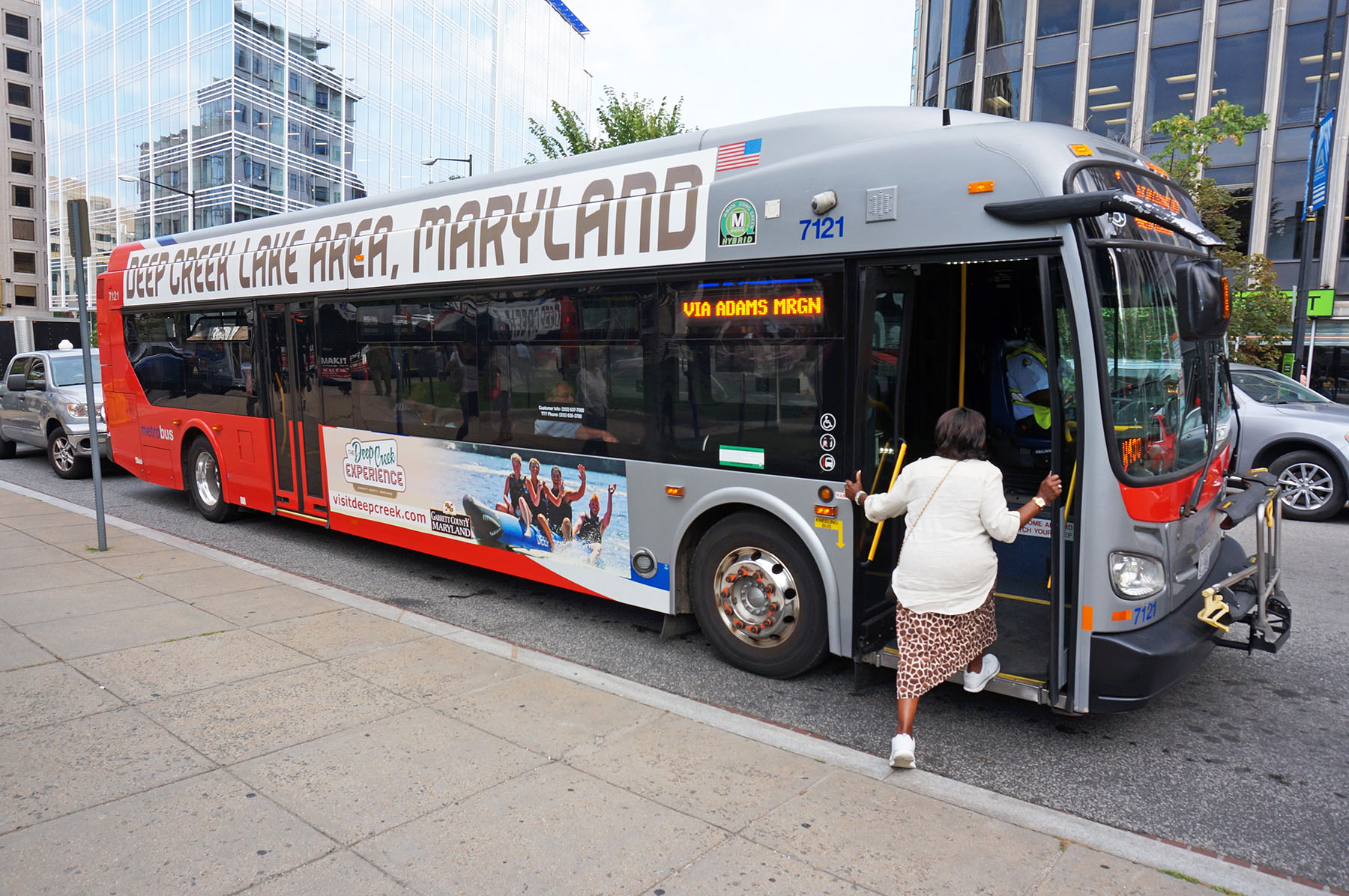
Saving Metro, a backbone of the DC economy for both businesses and working families, is going to cost a lot of money, much more than anyone thought just a few years ago. This tremendous yet unanticipated need is a clear sign that DC’s policy to prioritize tax cuts over public investments, made three years ago, hurts our ability to meet our city’s most pressing needs.
DC’s economy is robust, with low citywide unemployment and rising tax collections that will result $175 million in additional revenue next year. Yet under current law, more than half of that—$100 million—will go to tax cuts, leaving too little to adequately address urgent issues such as affordable housing, schools, and early education.
Metro, the second largest metrorail system in the country, is experiencing the most severe funding crisis since its inception. While that carries significant implications for us all, Metro admits that the planned service cuts will have a disparate impact on people of color and low-income riders. The system faces tremendous repair needs and yet has faced a substantial gap between revenues and needs, leading to difficult choices this year.
- Mayor Bowser agreed to a record increase in DC funding for Metro—$50 million more in FY18—but this does not come close to covering all of the necessary repairs.
- This July, Metro will implement both fare increases and service cuts, which were announced on March 23, 2017.
- Those hurt most deeply by cuts to metro service are individuals with low-wage jobs who live far from the city center; this population is disproportionately made up of people of color.
An under-funded metro system threatens the DC economy and thousands of jobs. It exacerbates existing economic and racial inequities by making it harder and harder to travel to and from work, particularly for those living in the suburbs and working outside of service areas or working late-night jobs, such as restaurant workers.
Metro’s need highlights the problem of DC’s automatic “tax cut trigger” policy implemented three years ago, which stipulates that all newly projected revenue goes to tax cuts. Under that, $100 million of the $175 million in recent increases in revenue projections will go to tax cuts. The $75 million left available for new public investments looks relatively small when the $50 million needed just for Metro is considered.
There are many additional city needs. The District needs to invest a lot to end chronic homelessness and address the high unemployment among black residents. Investments in affordable housing, TANF, public schools, and countless more are important to addressing inequities and to helping all residents benefit from a growing economy, just as a functioning transportation system is critical to getting children to get to school, workers to their jobs and tourists to their favorite DC sites.
Meeting these needs is far more critical to DC’s future than tax cuts.
